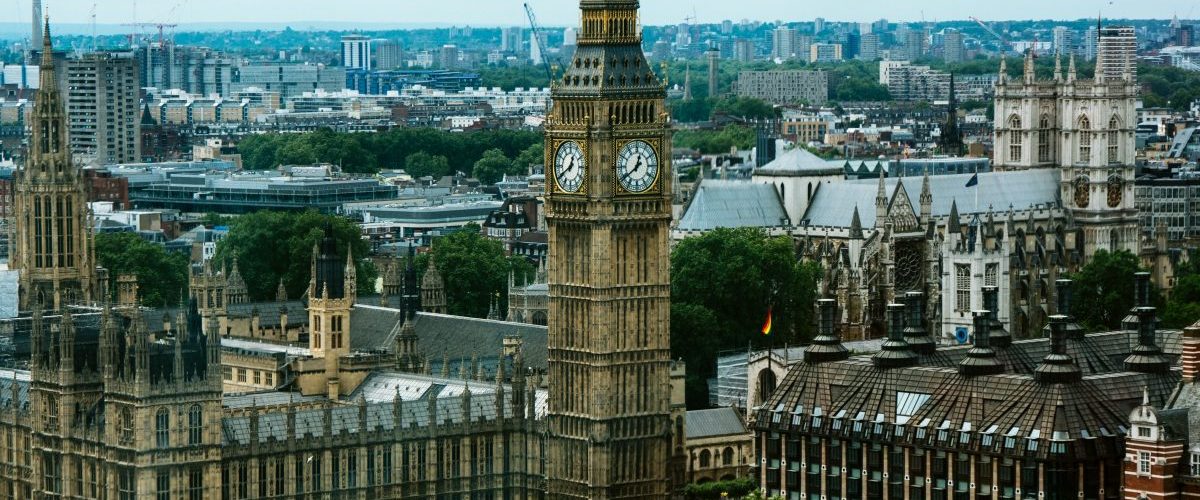Source EY VAT News – week to 21 June 2021
Topics – Insurance – Car leasing – Single v Multiple supplies
The First-tier Tribunal (FTT) has released its decision in this case concerning a VAT error correction claim for overpaid output VAT on supplies relating to insurance in the context of a taxi hire business operated by Black Cabs Services Ltd (BCS).
BCS is a specialist car leasing company, renting or leasing London Hackney cabs to self-employed drivers. Typically, drivers engage with BCS because they do not want the inconvenience of maintaining, financing and insuring the vehicle themselves. The cabs are insured under a ‘motor fleet policy’. This means that the contract of insurance is between the insurer and BCS and all cabs owned by BCS are covered. There is usually no requirement for the details of the drivers to be sent to the insurer. The driver may choose to use their own insurance but in practice this never happens. The hire agreement between BCS and the driver provides that the hire sum includes a £30 insurance contribution, only one sum is payable by the driver, but the cost of insurance is listed separately and the driver is aware that this is a separate cost and how much is being paid. No invoices are issued to the drivers by BCS just receipts for payments received. However, the cost of insurance is separately set out on the receipt; Drivers also must pay an excess of up to £500.
BCS had historically accounted for output VAT on all of its taxable supplies of taxi hire services, including supplies relating to insurance. However, in April 2017, it considered that the supply of insurance was a separate and exempt supply of services and accordingly it had overpaid VAT. It therefore submitted an Error Correction Notification to HMRC, which was rejected on the basis that it would be artificial to split the supply of the taxi and the supply of insurance and that the insurance supplied with the hire of the taxi was for the customers to better enjoy the service being provided. Accordingly, HMRC concluded that BCS supplied taxi services only.
The FTT noted that the facts in the present case were very similar to those in Wheels Private Hire Ltd [2017] UKUT 51 (TCC). Based on CJEU case law, generally, a leasing service and the supply of insurance for the leased item cannot be regarded as being so closely linked that they form a single transaction. There must be something more than the obvious link between the insurance and the item insured which makes them a single transaction.
The FTT found that the insurance was optional for the drivers as they had to opt in for BCS’ insurance on the hire agreement. While no drivers had used their own insurance to date, it was clear that the economic realities of the purchase of ‘block policy’ insurance meant that this option was cheaper and more convenient for drivers, so it was not surprising that they chose to opt in. Furthermore, the insurance cost and excess were clearly split out on the agreement and the receipt the drivers received. The FTT also found that this documented cost split meant that the ‘typical consumer’ would be likely to conclude that they were receiving two supplies at the same time. Overall, the FTT found that the principles derived from the Wheels case were equally applicable and the only relevant factual difference was that in Wheels some drivers did take up separate insurance, which the FTT did not consider to be a decisive factor.
Accordingly, the FTT held that BCS does make separate exempt supplies of insurance services in addition to the standard rated supply of vehicle hire and the appeal was allowed.
Comments: Whilst the specific issue of this case does not break new ground, it does provide a little more positive guidance. It emphasises the importance of splitting out the value of supplies to support separate VAT treatment. It is positive to note that the FTT acknowledged, but was not compelled by, HMRC’s argument on the perception of the consumer. Any businesses operating in a similar way, where VAT has been accounted for, may wish to consider making a four-year claim. This may be a hollow victory as HMRC are likely to assess the insurer for the higher rate of IPT on the exempt income.
Source Baillii.org















